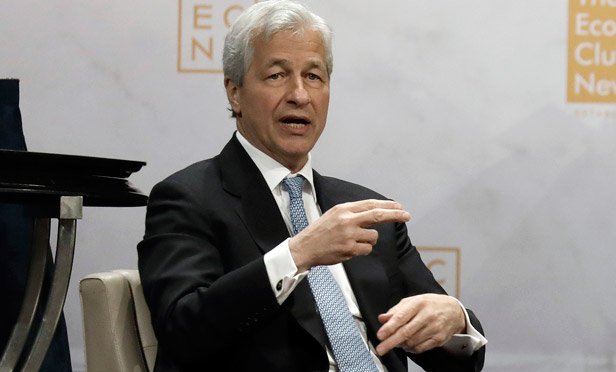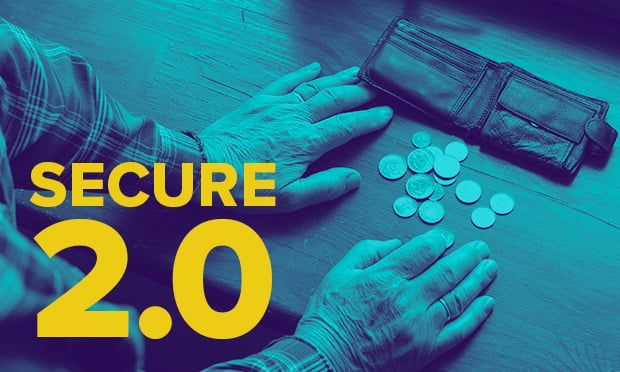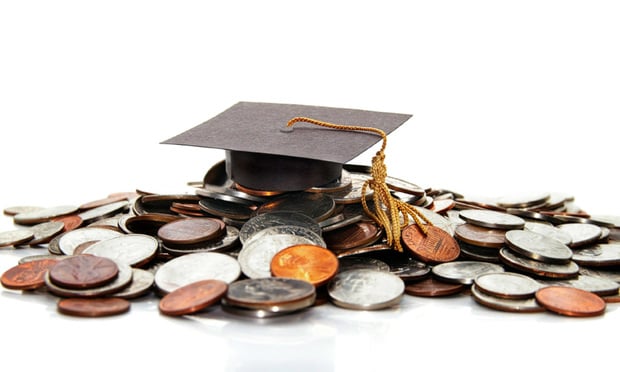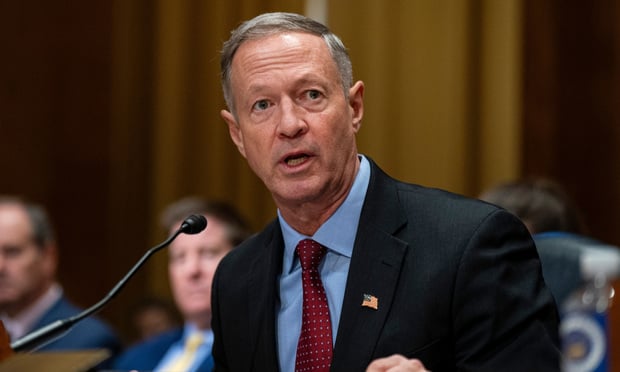 JPMorgan Chase CEO Jamie Dimon. (Photo: Bloomberg)
JPMorgan Chase CEO Jamie Dimon. (Photo: Bloomberg)
Leaders of the biggest financial companies are getting more optimisticabout an economic rebound as the pandemic lockdown eases, but say recent stockgains might have overshot reality.
|"The market is assuming that we're not going to see a severesecond wave or third wave" of Covid-19, and that treatments willbecome available to cushion the impact of new outbreaks, BlackRockInc. Chief Executive Officer Larry Fink said Wednesday at a virtualindustry conference. "I do believe jobs are going to be slowercoming back than other people believe."
|Stock-market optimism was particularly pronounced this week,with some of the best performers, including Carnival Corp. andUnited Airlines Holdings Inc., among those hurt most by thepandemic. The S&P 500 has increased 36% since reaching itslowest in almost 3 1/2 years on March 23.
|Signs that economies are starting to come to life and prospectsfor a vaccine helped fuel the gains, as did upbeat comments frompolicy makers and business leaders. JPMorgan Chase & Co. CEOJamie Dimon said some borrowers who requested forbearance are stillmaking payments, and banks could be done adding to loan-lossreserves after this quarter.
|"You could see a fairly rapid recovery," the leader of thebiggest U.S. bank said Tuesday at a virtual conference. "Thegovernment has been pretty responsive, large companies have thewherewithal, hopefully we're keeping the small ones alive."
|More positive economic data emerged Thursday with LaborDepartment figures showing states' jobless rolls shrank for the firsttime during the coronavirus pandemic, a sign people are starting toreturn to work.
|The Federal Reserve has effectively cut interest rates to zero,pumped trillions of dollars into the economy and announced plansfor nine emergency lending programs. At some point, though, thestimulus will come to an end.
|"You can't prop up the stock market forever," Dimon said.
|Financial stocks have also been among the biggest winners in thelatest market surge, with the S&P 500 Financials Index up 17%since May 13. Citigroup jumped 29% over the period, Morgan Stanleyincreased 26% and Bank of America Corp. added 23%.
|The gains contrast with a wave of pessimism last month, when thebiggest U.S. banks reported first-quarter earnings and set aside atotal of $25 billion for loansthey expect to sour. At the time, JPMorgan said gross domesticproduct could decline 40% as unemployment surges, while Bank ofAmerica forecast a slump well into next year.
|Now, though, investors have been looking past signs of weaknessin the economy and focusing on the eventual recovery. Wall Streetstocks advanced Wednesday as Federal Reserve Bank of St. LouisPresident James Bullard argued the economy may already havebottomed.
|Health questions
Amid the market optimism, Citigroup Inc. CEO Michael Corbatadded his voice to those taking a more cautious stance, pointing touncertainty about how the pandemic will play out.
|"There's still so much unknown about the health challenges andtherefore how this will play forward," Corbat said in a Bloomberg"Front Row" interview. "There's optimism there, but I think there'spart of that that needs to be cautious optimism."
|Likewise, Goldman Sachs Group Inc. President John Waldron saidWednesday that one of the biggest risks facing the economy is thatpockets of the virus re-emerge in coming months, forcing sporadicshutdowns of local economies.
|A recovery that comes in fits and starts could pose a uniquechallenge for consumers, Waldron said, especially if governmentsupport wanes. That would lead to "a lot more destruction" inconsumer credit, he said.
|Visa Inc. CEO Al Kelly said his firm is still seeing declines inspending on its network compared with the same period a year ago,but the figures have improved in recent weeks.
|The trend helps explain the "tug of war" Bank of America CEOBrian Moynihan highlighted in remarks Wednesday at a virtualconference. Three major economic forces are at work pulling theeconomy in different directions: unemployment, government reliefprograms and low interest rates, Moynihan said.
|Even as the bank's interest income slumps, "the good news is wegrow deposits and grow loans and overcome that," Moynihan said."We've just got to get the economy back on track."
|– With assistance from SridharNatarajan and Lananh Nguyen.
|READ MORE:
Complete your profile to continue reading and get FREE access to BenefitsPRO, part of your ALM digital membership.
Your access to unlimited BenefitsPRO content isn’t changing.
Once you are an ALM digital member, you’ll receive:
- Critical BenefitsPRO information including cutting edge post-reform success strategies, access to educational webcasts and videos, resources from industry leaders, and informative Newsletters.
- Exclusive discounts on ALM, BenefitsPRO magazine and BenefitsPRO.com events
- Access to other award-winning ALM websites including ThinkAdvisor.com and Law.com
Already have an account? Sign In
© 2024 ALM Global, LLC, All Rights Reserved. Request academic re-use from www.copyright.com. All other uses, submit a request to [email protected]. For more information visit Asset & Logo Licensing.








